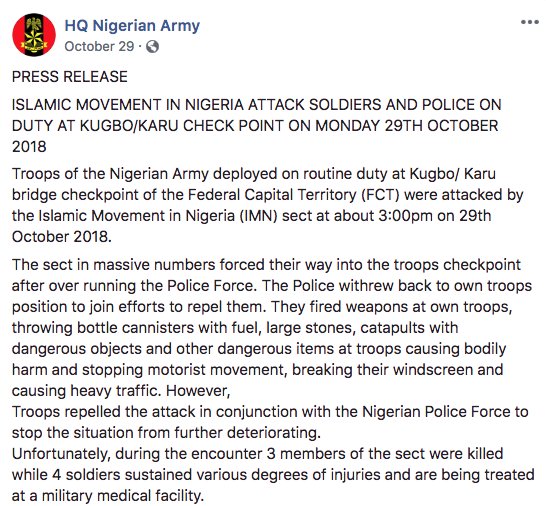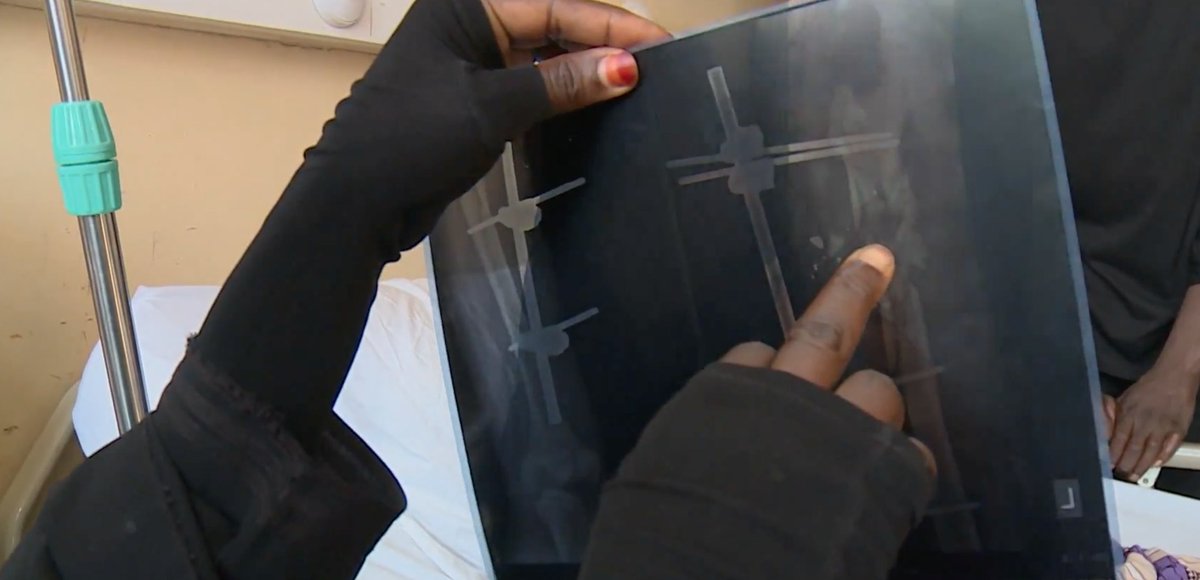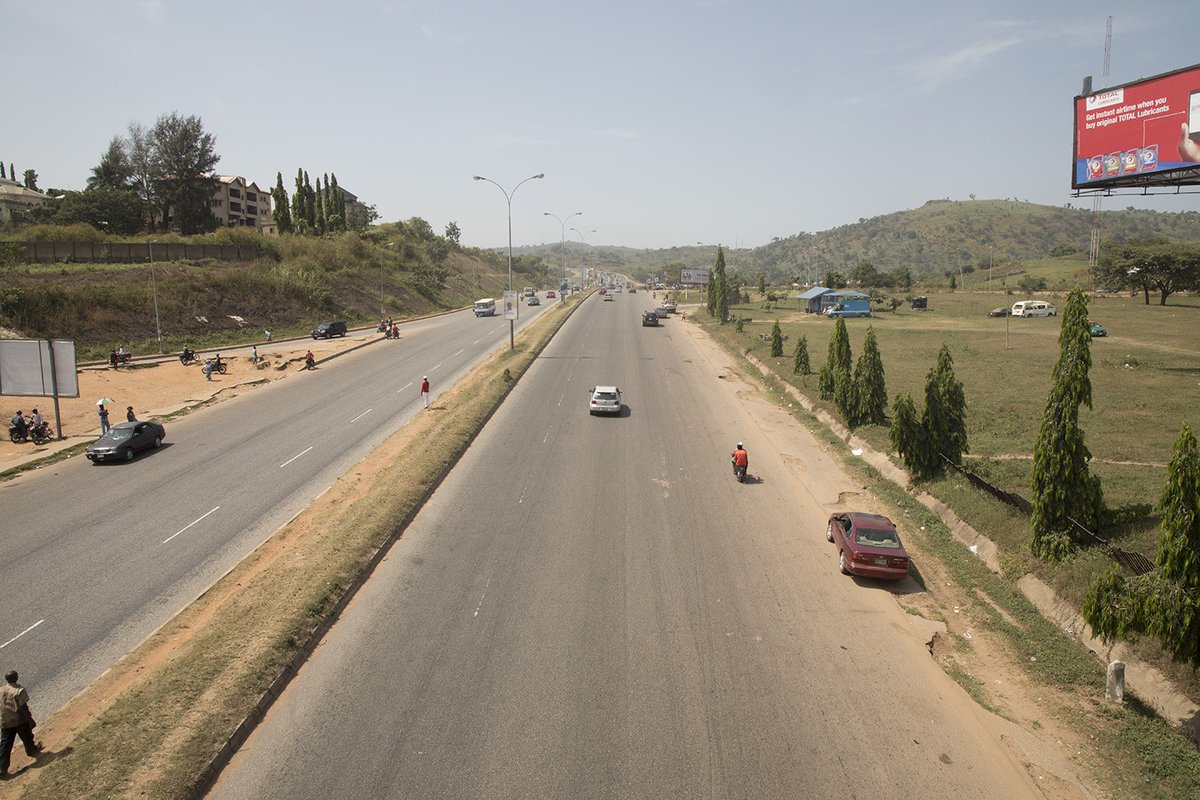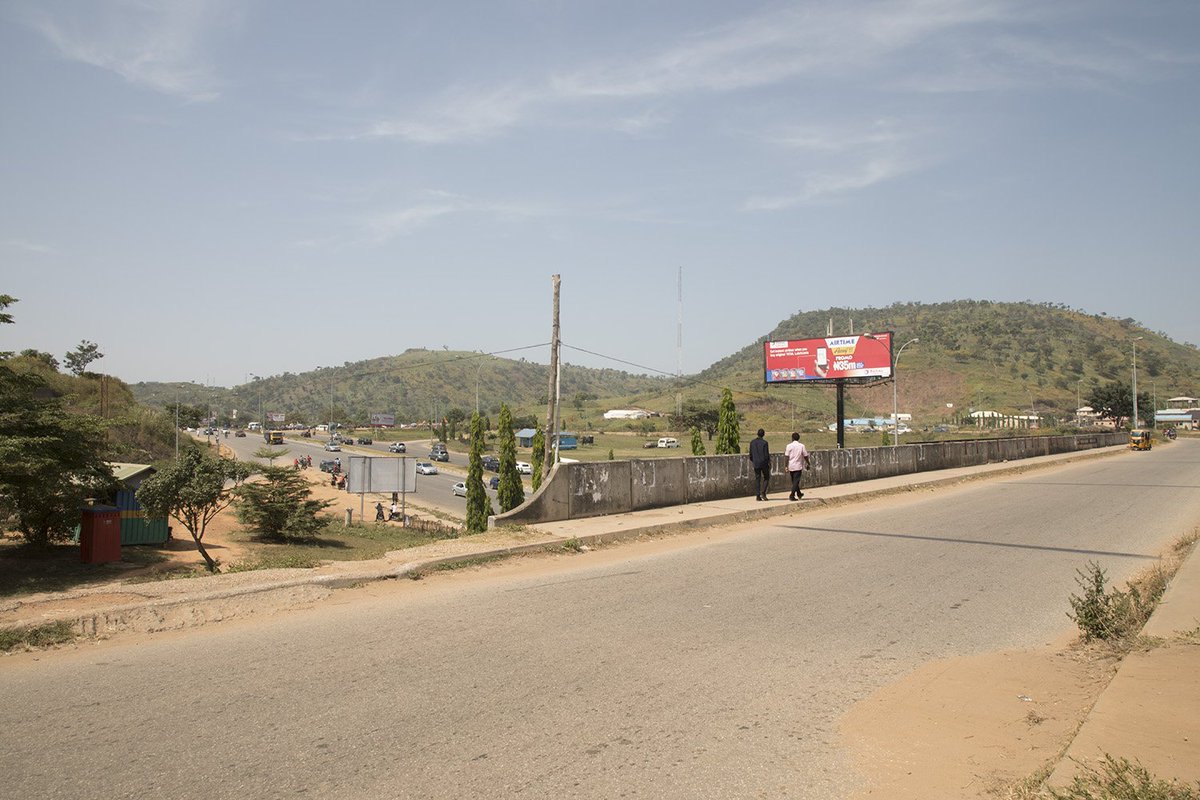Today, we'll be discussing some of the major events leading to Nigeria's first-ever democratic general election in 1951 and how ethnicity came into play during this period.
"Nigeria is one and must remain one. We will have no Pakistan here or hereafter. Vote for NCNC. The true nationalist party."
"Vote for the Action Group because it stands for Western solidarity… vote only for the AG if you are a true born Yoruba, a true born Benin, a true born Itsekiri, Urhobo, Western Ijaw, Western Ibo and Yes A true born Nigerian."








